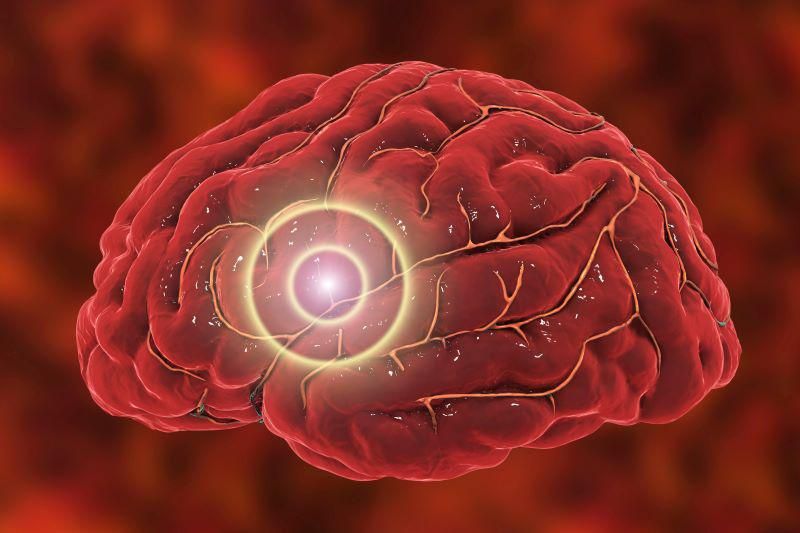
Obese people might be wise to slim down before undergoing an ablation procedure to treat an abnormal heart rhythm, researchers report. Folks with atrial fibrillation who lost 3% or more of their body weight before undergoing ablation had greater odds of their heart returning to a normal rhythm than those who didn’t, a new study… read on > read on >


















